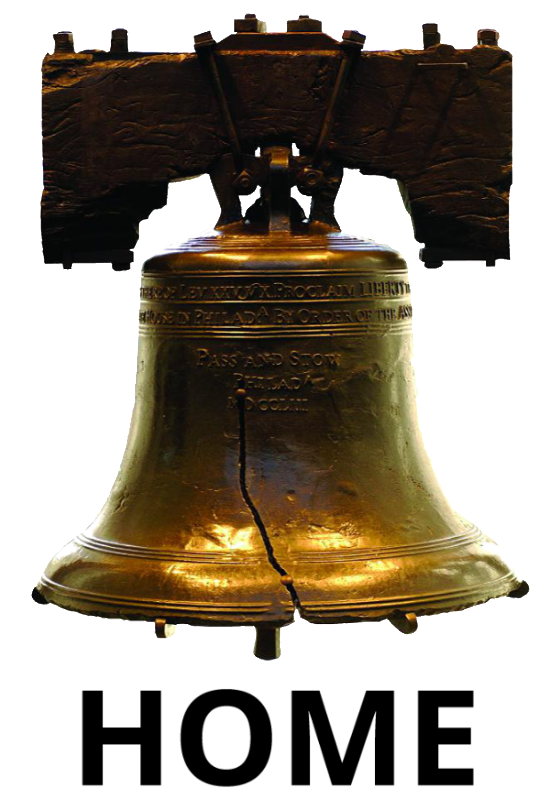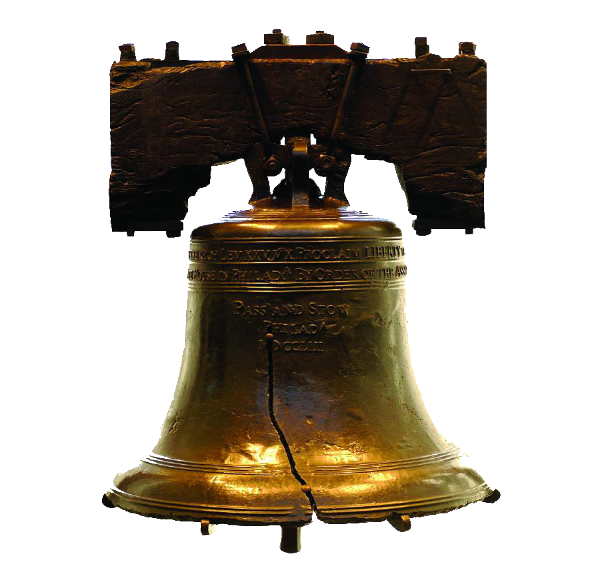COMMUNITY
Township Responsibilities & Services
Township Roads: The maintenance and repair of township roads is the largest function of most of Ohio's townships today and includes such activities as snow removal and weed control. Ohio townships receive part of the state's motor vehicle license fees and gasoline tax, as well as generating additional revenues through local taxation to fund road maintenance.
Police Protection: Board of Township Trustees has the authority to employ police constables, to create police districts. or to contract with neighboring jurisdictions for police protection. Ohio township police officers or constables are required to receive basic training in the duties of a police officer.
Fire Protection/EMS: Township fire departments are staffed with full-time or volunteer firefighters or a combination of both. Ohio law pemits townships and municipalities to contract with each other for mutual fire protection/EMS.
Cemeteries: Townships manage over 1,800 township cemeteries. The Township Trustees have the authority to sell plots, set fees for services, maintain the cemetery, and provide for expansion. Private cemeteries owned by religious or cemetery associations may be transferred to the township.
Parks and Recreation: Townships may establish and operate a park on their own or by joint action with another political subdivision. Townships may purchase land and material and may use township funds to acquire or improve a park. A township park district may also be established in a township. The park district is a separate political subdivision and has its own board with taxing authority.
Zoning: Townships may regulate the use of land and buildings and control the development of their own territory . Ohio law provides for the submission of a zoning plan to the electors of the township and contains provisions for the adoption, administration, enforcement, and amendment of the zoning plan.
Waste Disposal: Townships are authorized to provide waste disposal services to their residents. The township may collect and dispose of garbage and refuse or it may enter into written contracts with other political subdivisions for such services. The cost of refuse collection and waste disposal may be met from tax revenues or from user charges to those who benefit from the services.

